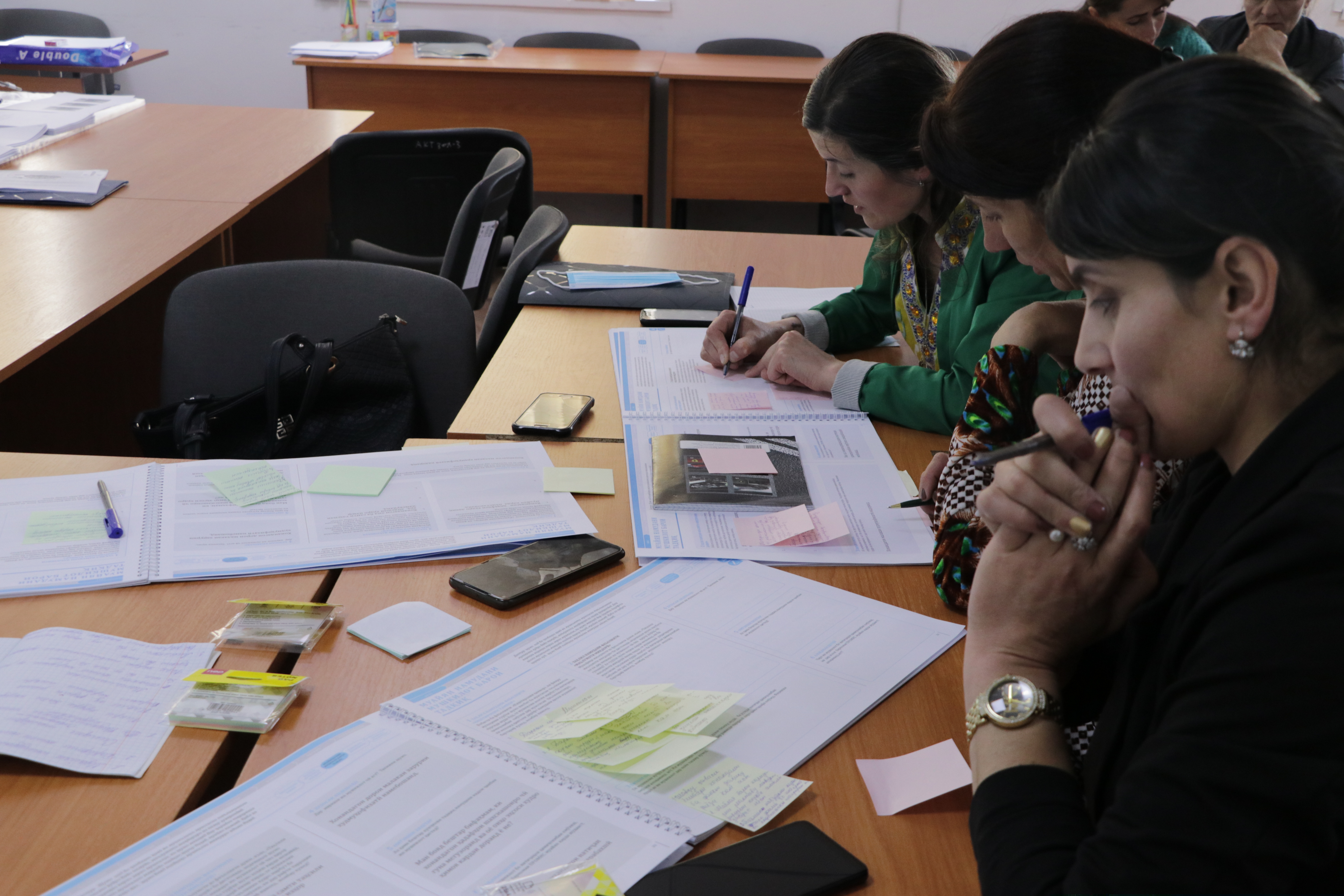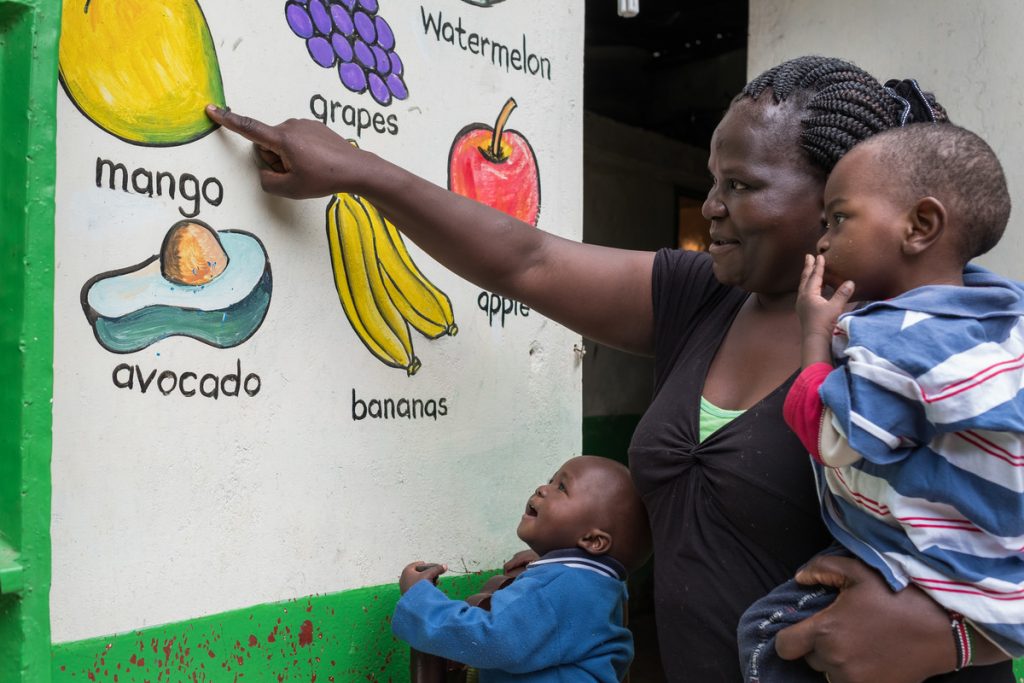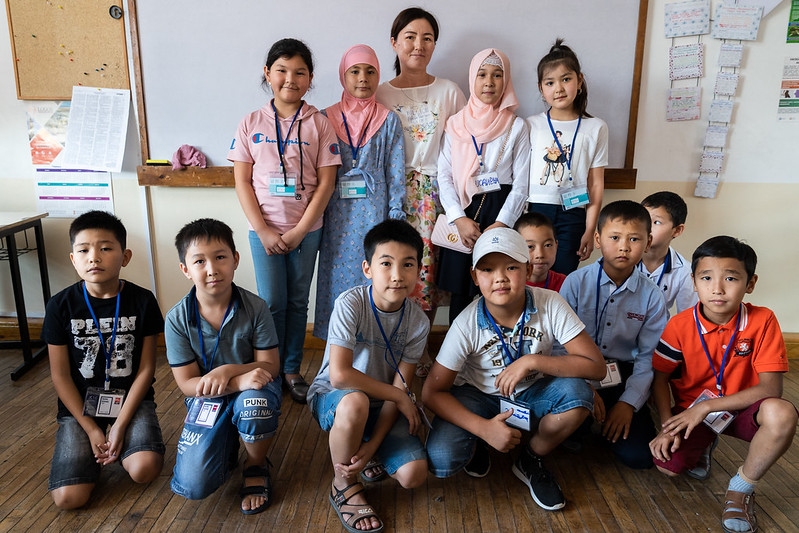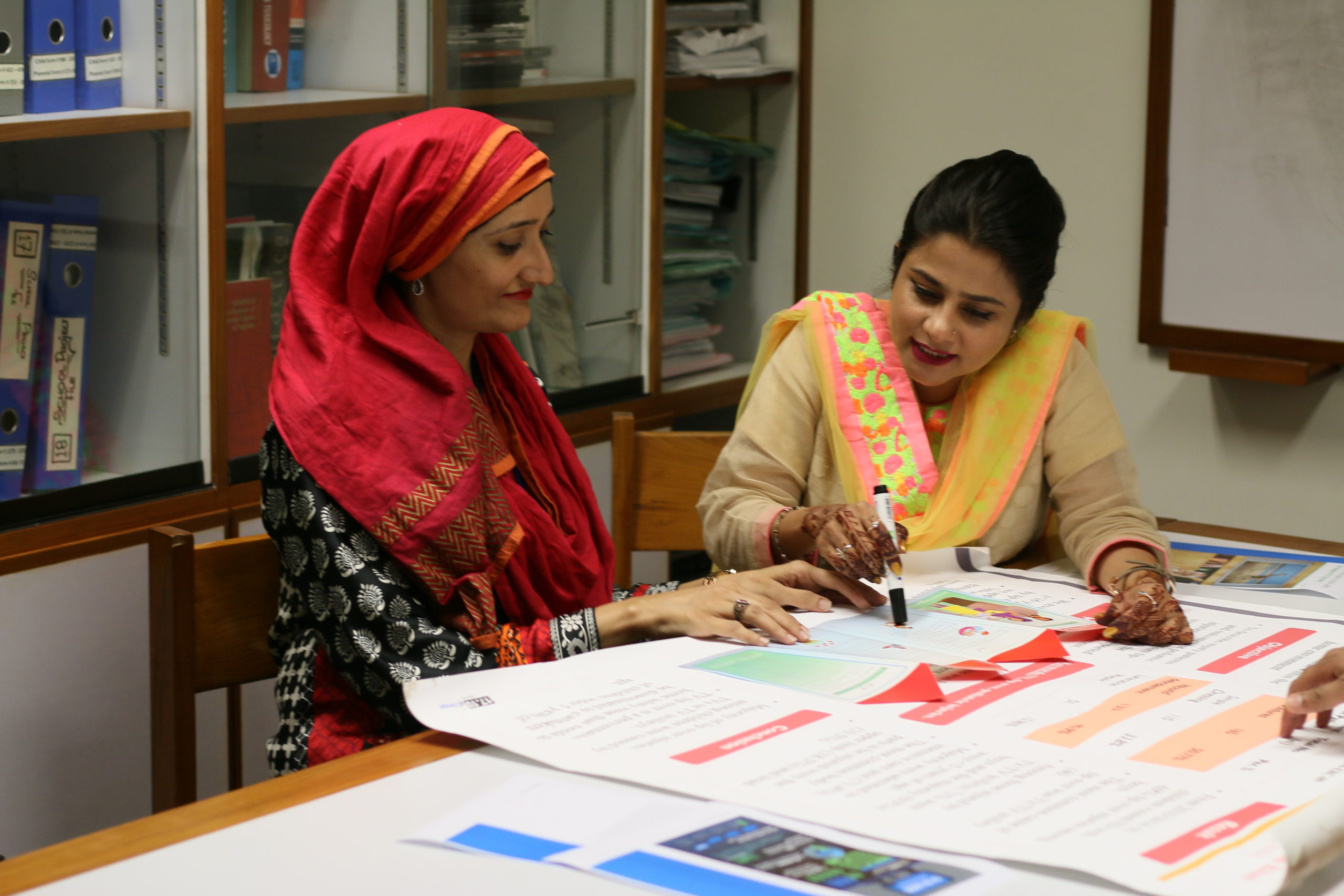In October 2020, Schools2030 launched its inaugural Global Call for Research, supported by the Jacobs Foundation.
The request for proposals sought up to five research partners who could help Schools2030 understand how and what children are learning through their participation in the programme over its initial two years. The call sought international researchers who could work alongside the teams and schools in the inception phase of the programme to help explore the impact it is having on learning and teaching – for example how holistic skills are measured, or what factors can explain variability in outcomes.
The proposals were invited to address one of the following key thematic areas:
1. Effective teaching strategies to raise holistic learning outcomes;
2. Learning differences, equity and inclusion – including gender equality;
3. The role and effective use of education technology (including ‘low-tech’) in raising holistic learning outcomes;
4. The relationship between non-academic skills and academic learning outcomes;
5. COVID-19, educational disruption and social-emotional learning/wellbeing.
Out of a total of 51 applications, five research partners were eventually chosen to receive a grant of $150,000 each to work alongside Schools2030 country teams over the next 18-24 months. Over half of the researchers are based in the target countries, with all projects focusing on education equity and inclusion, including how to support teachers to address learning differences and learning diversity. The current projects span all three cohorts from the key transition years that Schools2030 focuses on, and cover five geographies – Pakistan, Kenya, Tanzania, the Kyrgyz Republic and Tajikistan. To ensure balance, the second global call for research in the first quarter of 2022 will shift the focus to Schools2030’s remaining countries.

Project 1: Catalysing locally rooted education solutions to improve holistic learning outcomes
Pakistan and Kenya
With a research team comprised of members of ITA Pakistan and Zizi Afrique Kenya, this project looks to produce actionable and policy-relevant evidence on the relationship between non-academic skill acquisition and academic learning. The research will evaluate the Schools2030 programme in two countries – Pakistan and Kenya – across 25 schools and two youth centres for a period of 18 months, exploring the relationship between academic learning outcomes and non-academic skills. It will seek to generate robust evidence on school-led interventions that effectively develop a more holistic learning experience. The research will also explore the specific factors that may influence effective implementation in both countries and how this might affect systems-wide change.
Project 2: The development of picture comprehension – improving learning materials and assessment tools in global contexts
Kenya
Researchers from the University of California, Berkeley will explore the efficacy of imagery as a learning tool for very young children. Teachers and early childhood researchers frequently use learning materials and assessment tools involving picture stimuli, but it is unclear when and how young children across cultures and contexts begin to understand pictures. Focusing on children aged 5 in Lamu, Kenya, the researchers will explore whether picture comprehension is intuitive for all children regardless of their early environment (i.e. high-income, low-income, urban, rural), or whether picture comprehension requires extensive experience with picture books and other visual symbols.

Project 3: The effect of common attributes of Design Thinking and Play-based teaching approaches on raising holistic learning outcomes at primary school level
Tanzania
This unique research-practice partnership brings together minds from the University of Dar es Salaam, the University of Notre Dame and UK-based charity Right to Play, who will work alongside Tanzanian education officials and school communities to test the efficacy of key elements of Design Thinking and Play-based learning.
The central question to be explored in the thesis asks: how are holistic learning outcomes impacted by the common attributes of Design Thinking approaches and Play-based learning in Tanzania? Working with students from 40 schools, the research will look to contextualise and define the students’ social emotional learning skillset. A measurement tool will then be developed using a sample of 800 kindergarten students from across four Tanzanian districts.
Project 4: Exploring school-based education stakeholders’ perspectives on the quality of education in the context of Schools2030
Kyrgyz Republic and Tajikistan
A joint research project conducted by academics from Nazarbayev University and OISE University of Toronto, this two-year study aims at identifying and generating classroom and school-based effective, sustainable, culturally relevant and contextually workable practices and ideas. This evidence will then be used to support efforts to change the understanding and paradigms of thinking on how sustainable, workable and replicable solutions can be developed in countries like the Kyrgyz Republic and Tajikistan.
The study takes a school-based focus on identifying local stakeholders’ (teachers, students, school leader, and parents) perspectives towards quality education, challenges to quality and responses to these challenges which can be shared with other educators and researchers to inform policy and approaches for improving holistic learning outcomes. The researchers will focus on youth in the key transition years of ages 10 and 15, as well as their parents, teachers, and school leaders across 30 of Schools2030’s target sites in the Kyrgyz Republic and Tajikistan.

Project 5: ‘Data Must Speak’ about positive deviant approaches to learning
Tanzania
This project, led by Matt Brossard, Chief of Education, at UNICEF’s Office of Research, Innocenti, will expand an existing multi-country research project, Data Must Speak (DMS), to Tanzania, and seek to address the global learning crisis in which more than half of children cannot read and understand simple text by age 10, even when attending school. The research provides a unique opportunity to connect two large-scale initiatives – DMS and Schools2030 in Tanzania – by using ‘positive deviance methodology’, ie. what factors contribute to some schools achieving better results than others even though they operate in a similar context with comparable resources. Once identified, the project will investigate actionable system, school, and community levers to optimally scale them to under-performing schools.
In addition to this exciting range of work, Schools2030 has been delighted to work alongside a sixth team of researchers, through an initiative funded by Jacobs Foundation as part of their response to the education crisis caused by the pandemic. Notable academics from the University of Amsterdam and the University of Texas will explore how to help teachers reduce inequality in education. With the effects of inequality noted as one of the most defining and complex challenges of our time, the research will look at how students’ self-belief is affected by their background, and how understanding this can help teachers to better support students’ intrinsic motivations and ultimately their attainment (further reading).
This initial research is just the tip of the iceberg in terms of what Schools2030 hopes to explore and examine over the next several years as the programme gathers momentum. Recognising how fundamental, yet complex, the process of educating young minds is, with many factors – social, emotional, physical – affecting so much of the outcome for each student, the interrogative process that these research projects provide as they deep-dive into the nuances at play in their chosen contexts will be hugely welcomed by many in the field, with applications ranging far beyond the work and geographies of Schools2030.
